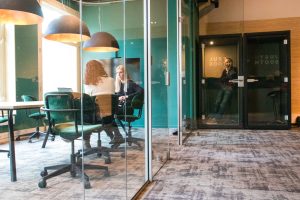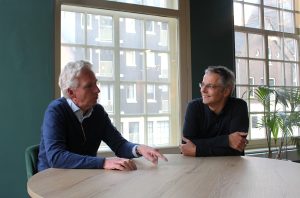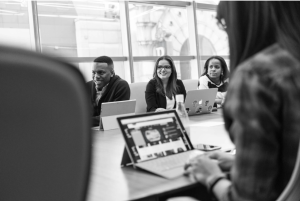Consequences of corona: a change of landscape?
Right now, communities, societies and economies worldwide are being tested by the impact of the coronavirus (COVID-19) pandemic. This is an unprecedented situation, and frankly speaking, it is impossible to predict how it will evolve. We want to take this moment to reach out to all of you. Please stay safe! These are clearly trying times and we wish you all the best.
This situation also generates big questions. Will business weather the crisis and go back again to ‘the past normal’? Or are we ready and willing to address the challenges of our time with a longer-term, more sustainable and inclusive perspective? Right now, answers to these questions are unclear.
On the one hand, an executive we know says he expects a ‘change of landscape’. He, being optimistic, feels things will never be the same again; supply chains will be shorter, economies will be more local, and businesses will be more careful. In short, they may be even better after everything is said and done.
On the other hand, a recent opinion in the Financial Times concludes that the coronavirus pandemic is a stress test for lofty promises on stakeholder capitalism. “When choosing between addressing a long-term environmental crisis and more imminent supply chain upheavals, many companies will shelve the less pressing demand. But doing so now will expose executives who have embraced the environmental, social and governance demands of a growing universe of ‘ESG‘ funds to uncomfortable scrutiny”, goes the article.
So, what will happen? A ‘change of landscape’, or a return to business as usual? We’ll see, like everything else amidst this crisis there is no clear answer as to how things will unfold. However, we hope for the former – a ‘change of landscape’. Losing momentum now on incorporating sustainability and promoting stakeholder inclusiveness into business practices would be a shame. It would be an abandonment of recent progress towards a long-term vision for a more sustainable future.
We do understand, however, how grave the situation is – economies are, at this point likely to contract, if not decelerate. This yet again emphasizes the importance of good leadership. How will CEOs respond? From our research on ‘sustainability in the boardroom’ we know that it takes courage and determination to rise to the challenge of sustainable development. But inevitably, their visions will be tested by shareholders and other stakeholders. CEO’s have to bring employees, customers, investors and regulators along on this journey. They have to share their ambition and story again and again. They have to rise to the challenge of sailing through turbulent times without losing sight of their sustainability North Stars.
But it is not only up to CEO’s. How will all of us respond: will we, as a community, society, and business leaders, collectively embrace a fundamental transition? Or will we succumb to short-termism, and delay making business work for society?
If you find these questions as stimulating, exciting, and important as we do, Steward Redqueen is keen to talk to you about them. We don’t have all the answers just yet, but maybe together we can come up with solutions. Currently, video calls are the main communication channel with clients and colleagues. Turns out this works really well. So, we are ready to continue the conversation.















